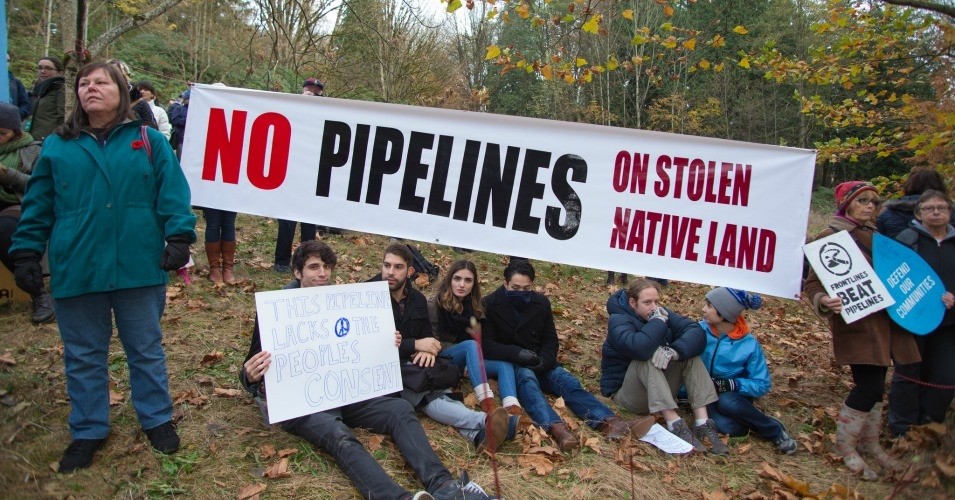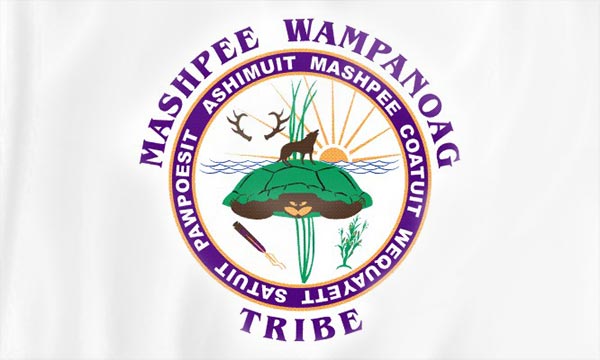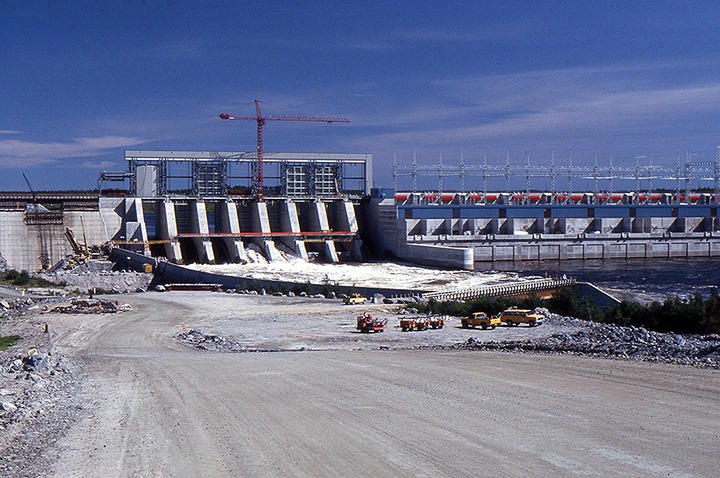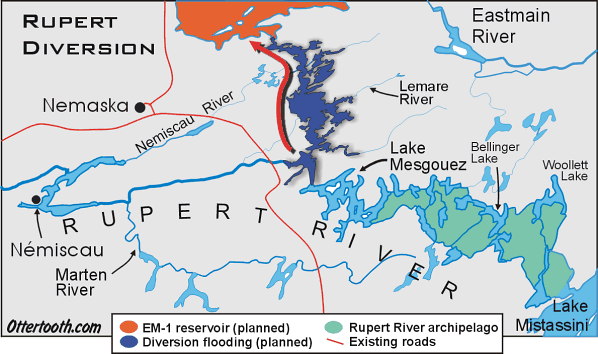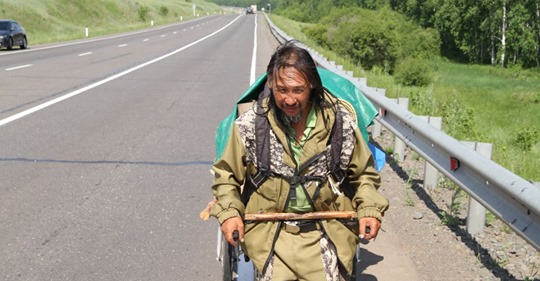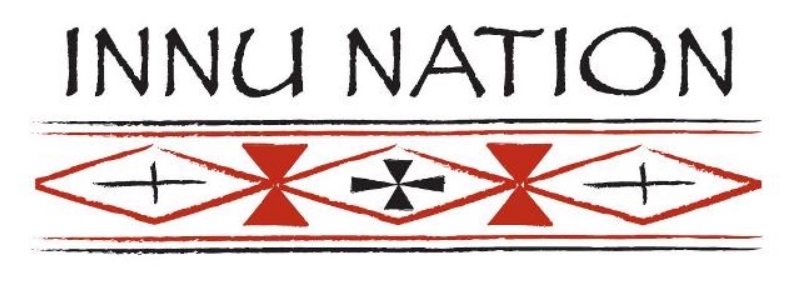
Innu Nation sues Hydro-Quebec
The Innu Nation of Labrador announced that it is seeking $4 billion in damages from Hydro-Quebec over its mega-dam on the Upper Churchill River. The suit, filed in the Supreme Court of Newfoundland & Labrador, seeks compensation for the theft of ancestral Innu land to build the Churchill Falls hydro-electric project, leading to devastation of their community’s culture and way of life. “The impact of Churchill Falls has been felt across generations of Innu,” said Grand Chief Etienne Rich. He charged that Hydro-Quebec and the provincial utility in Newfoundland, now called Nalcor Energy, “stole our land and flooded it in order to take advantage of the enormous hydro potential of the Churchill Falls. This project was undertaken without consulting us and without our consent.” New York City is pinning many of its hopes to cut carbon emissions on imported Canadian hydropower, but environmentalist opponents point to the impact of planned hydro projects on indigenous lands. (Image: Innu Nation)





